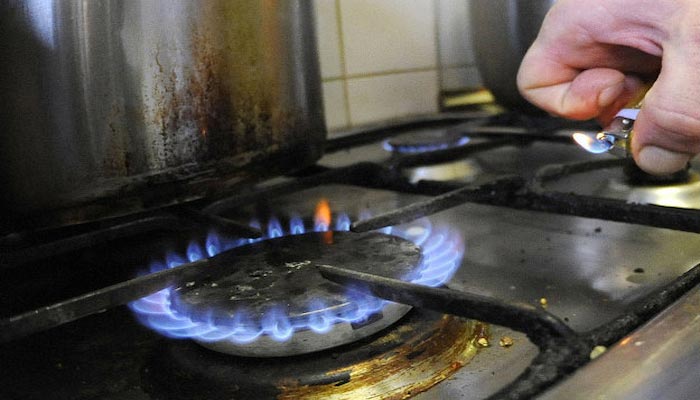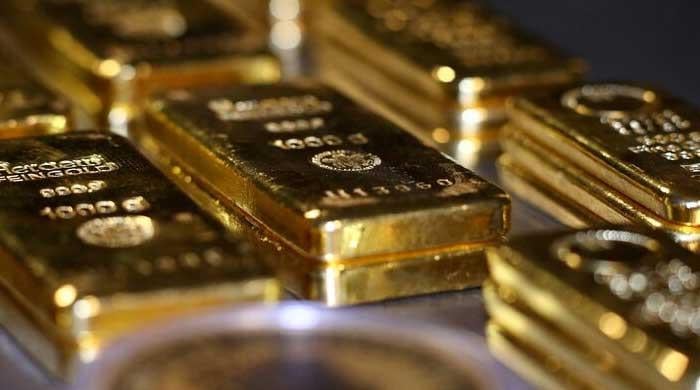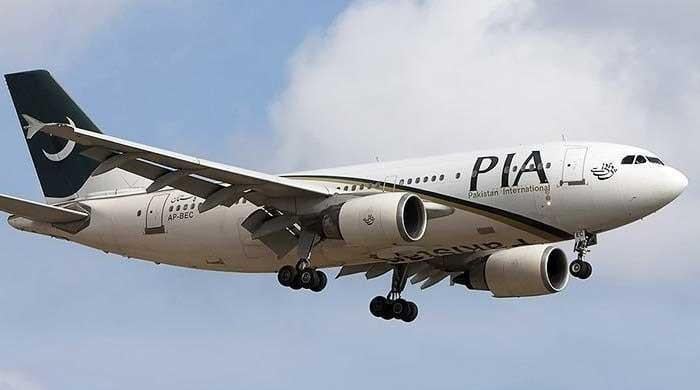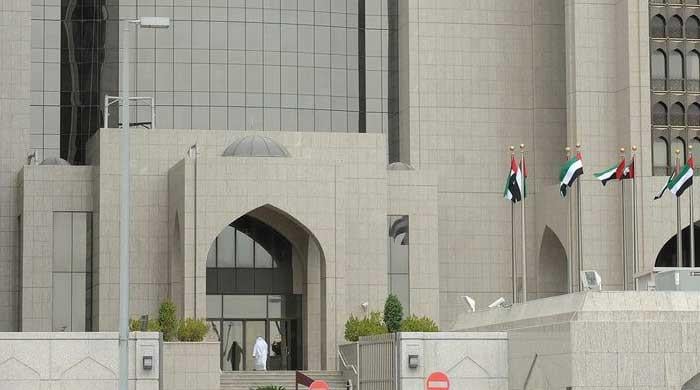Domestic consumers to receive gas eight hours a day in winter
Gas will be provided three hours in the morning, two at noon, and three at night
November 18, 2022

- Gas will be provided 3 hours in morning, 2 at noon, 3 at night.
- PM desired domestic consumers should be kept on top priority.
- Commercial consumers to be provided RLNG in Punjab: official.
ISLAMABAD: The government has decided to adjust the gas load management plan under which domestic consumers will receive gas for eight hours a day for cooking times in winter, The News reported Friday.
The consumers will be provided gas in the morning from 6am to 9am, two hours from 12 noon to 2pm for lunch and three hours from 6pm to 9pm for dinner.
“More importantly, commercial consumers will be provided RLNG in Punjab except for roti tandoors, which will be provided system gas (local gas),” one of the top officials of the Energy Ministry told The News.
“The CNG, fertiliser, cement and non-export industry will be having zero gas supply,” said the official. “If the winter season peaks from December 15 to January 31, the gas supply may be cut off to captive power plants of the export industry and for the power sector, the existing gas supply of 200 mmcfd may be halved.”
He said the gas deficit in the country for the winter season 2022-23 has been worked out at 1.35 bcfd (billion cubic feet gas per day). “It has been worked out that the gas deficit would stay at 900-1,000 mmcfd in the SNGPL system that covers Punjab and KPK.
The gas availability in the SNGPL system would remain in the range of 1,520 mmcfd (770 mmcfd of local gas plus 750 mmcfd of RLNG) against the demand of 2,100-2,500 mmcfd. The gas consumers in SNGPL stand at 7.5 million (6.5 million in Punjab and 1 million in KPK).”
Likewise, the gas availability in the Sui Southern (SSGCL) system would be in the range of 925-1,000 mmcfd against the demand of 1,250-1,500 mmcfd. The gas deficit in the SSGC system has been estimated in the range of 250-350 mmcfd.
The gas supply to the CNG, fertiliser, cement, and non-export industries will be zero.
The Petroleum Division has also sought the amount of Rs105 billion for injecting the costly RLNG into the domestic sector for the winter season 2022-23.
Prime Minister Shehbaz Sharif has desired that domestic consumers should be kept on top priority and should be provided gas with pressure. And this is only possible if RLNG is diverted to domestic consumers of Punjab and KPK.
Interestingly, the cost of RLNG, which was earlier diverted to domestic consumers in the last four winters, has not been recovered. The cost of RLNG that has so far been injected into the domestic sector stands at Rs108 billion and this amount has not been recovered. The country’s gas sector is already soaked in circular debt of Rs1,500 billion. The Petroleum Division would put up this case before the premier for approval of Rs105 billion to ensure the diversion of RLNG so that gas to domestic consumers could be provided for cooking times at required pressure.
“Currently, the sale price of natural gas stands at Rs400 per MMBTU whereas the RLNG cost is at $13 per MMBTU (Rs3,100). The Petroleum Division wants the differential to be paid by consumers through the revenue requirements of gas utilities.”
Under the amended act, RLNG is no longer called a petroleum product but has been renamed as a gas of which the cost can now be recovered from domestic consumers through revenue requirement petitions of Sui Southern and Sui Northern.
The gas supply to captive power plants of export sectors would also be shut down if winter turns more severe. Right now, the captive power plants are being provided 50% gas supply. However, for processing in the textile sector, the gas of 40-42 mmcfd would continue.
The government is extending electricity at the rate of Rs19.99 per unit, which is why it would halt the gas supply to captive power plants. Right now the power sector is currently being provided 165-200 mmcfd of gas, which would be halved during the peak winter.









